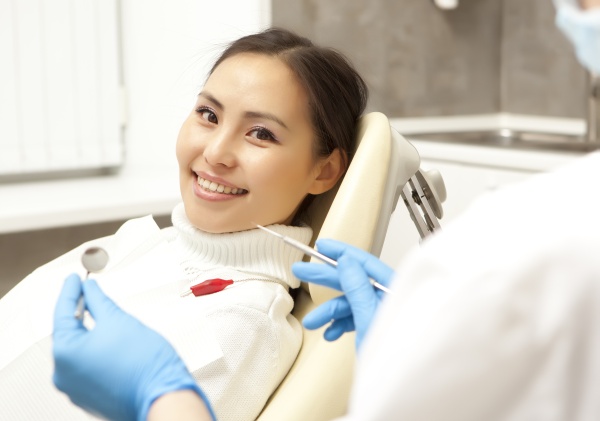
Sometimes, cavities or tooth decay can be the cause of headaches. For many who are unable to pay for dental insurance, they leave it to a chance of not having a serious disease. However, minor oral diseases can be the cause of serious health problems. Stroke, diabetes and migraines are common in people who also suffer from gingivitis, periodontitis or other oral infections. If a headache is too severe and medicines from the doctor are not working, you may want to go to the dentist. That pain may be the result of lack of oral hygiene.
Dental headaches: What are they and how do they happen?
A dental headache can be caused by one of many oral problems. A headache is sometimes a result of muscular tension in the face and the jaw. It can also be a symptom of cavities or malocclusion. Malocclusion is referred to as a bad bite in simple terms. Anything can cause a bad bite, such as orthodontics, previous dental issues or emerging wisdom teeth. If you close your jaw and the teeth do not meet along a smooth curve, that's a sign of a bad bite. It makes the jaw muscles overcompensate for the irregularity, causing pain and soreness that spreads throughout the head.
Two main causes of cavity-based headaches
According to many renowned dentists, the most common cause of dental headaches are:
1.TMJD
TMJD (Temporomandibular Joint Disorder) is the result of problems with the mechanism of the jaw and the surrounding muscles or an injury to the joint. If the muscles become constricted or aren’t allowed to function properly, they can cause shooting pain. Many actions can lead to TMJD, including sports trauma, whiplash or even opening your mouth too wide for too long. One of the symptoms of TMJD is a frequent popping and clicking of the jaw, which can lead to a headache.
2.Bruxism
Bruxism, or teeth grinding, is a habit that can develop even in babies and is another cause for frequent headaches. Grinding teeth puts the jaw and surrounding muscles through a rigorous workout without rest. In some cases, teeth grinding can happen involuntarily for hours upon hours. If someone wakes up with a headache that passes shortly, they may have been grinding their teeth.
So …
You must understand that your current headache might be the byproduct of a more severe issue, like cavities. Although it is not difficult to treat dental headaches, patients should not take them lightly. When a tooth suffers damage, its nerve endings are exposed and can cause irritation or an infection. If not treated appropriately, the infection caused by bruising can travel to other parts of the body. Furthermore, if the infection spreads too deep, the dentist will have to replace your teeth.
Request a dental appointment here: https://drsykes.com or call Robert S. Sykes, DDS at (770) 873-7241 for an appointment in our Marietta dental office.
Related Posts
When to See an Emergency Dentist: 5 Common Emergencies
An emergency dentist provides immediate care for urgent dental issues. Dental emergencies can happen anytime, often causing pain or discomfort that cannot wait for a regular appointment. Recognizing the signs of a …
Emergency Dentist Visit for Children
Looking for an emergency dentist in case your child experiences a dental emergency? It is a good idea to plan ahead of time. While some pediatric dentists offer emergency dental services, not …
Should I Visit an Emergency Dentist for an Abscessed Tooth?
You should see an emergency dentist for your abscessed tooth. This condition is an infection. Severe pain and swelling are its main symptoms. Seeking emergency dental care can help right away. An …
Three Tips an Emergency Dentist Recommends to Remedy Toothaches
An emergency dentist can treat toothaches in a variety of ways if the pain becomes intolerable or the symptoms present a risk of worsening and causing other oral health issues if not …





